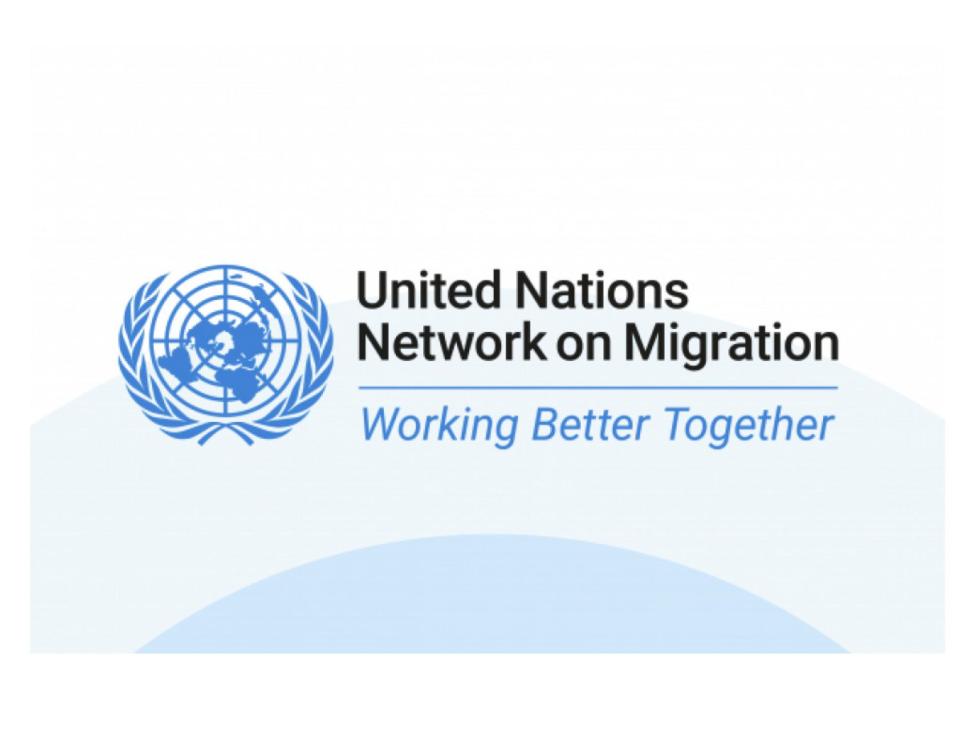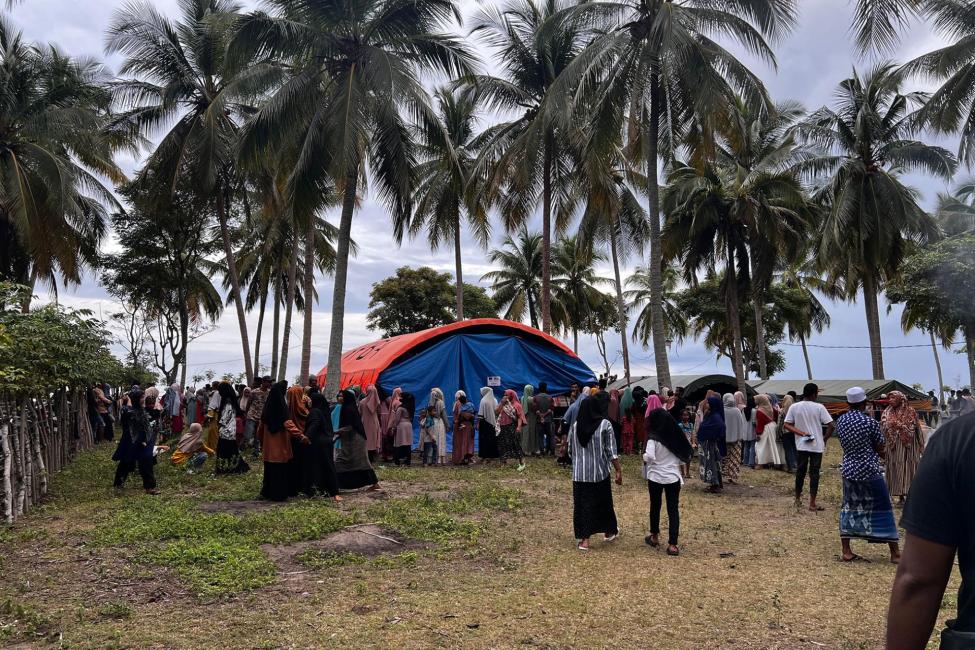-
Who we are
WHO WE AREThe International Organization for Migration (IOM) is part of the United Nations System as the leading inter-governmental organization promoting since 1951 humane and orderly migration for the benefit of all, with 175 member states and a presence in over 100 countries. IOM joined the United Nations system in September 2016.
About
About
IOM Global
IOM Global
-
Our Work
Our WorkAs the leading inter-governmental organization promoting humane and orderly migration, IOM plays a key role to support the achievement of the 2030 Agenda through different areas of intervention that connect both humanitarian assistance and sustainable development.
Cross-cutting (Global)
Cross-cutting (Global)
- Data and Resources
- Take Action
- 2030 Agenda
UN Secretary-General Launches Report on the Implementation of the Global Compact for Safe, Orderly and Regular Migration
New York – Today, in a high-level briefing hosted by the President of the General Assembly, the Secretary-General launched his report on the implementation of the Global Compact for Safe, Orderly and Regular Migration (GCM).
This report comes at a crucial time when governments are preparing for the first quadrennial International Migration Review Forum (IMRF) on 17-20 May 2022 to review the progress made and challenges yet to be overcome in implementing this global framework on migration governance.
“The Forum must be a space to discuss common challenges, rectify failures, and explore avenues to strengthen partnerships between states and stakeholders,” said Abdullah Shahid, President of the 76th session of the UN General Assembly. “We must consider the Report’s recommendations to strengthen our actions as we look beyond the Forum,” he added.
The report highlights areas of particular progress, including solutions that facilitate the recognition and development of skills, qualifications and competencies; evidence on the evolving characteristics of smuggling and the incidence of trafficking; moves towards ending child immigration detention and investing in non-custodial, human rights-based alternatives; and the importance of effective consular protection and services for migrants, including those in irregular status.
The document also provides 14 recommendations focusing on where more needs to be done, linked to all 23 objectives of the GCM, and falling under four priority areas:
Promoting inclusive societies and including migrants in COVID-19 response and recovery;
Promoting safe and regular migration;
Preventing loss of life and other tragedies during migration; and,
Building capacity.
States and stakeholders, and the United Nations system, are strongly encouraged to pledge concrete actions for the implementation of the Compact ahead of the IMRF.
“This will be critical in ensuring tangible progress in moving forward with this cooperative framework for the benefit of all,” said United Nations Secretary-General António Guterres in his report.
It will also be an opportunity to build momentum ahead of the IMRF to further international cooperation and inspire pledges based on the Secretary General´s recommendations. “Let us set our sights high for this first IMRF and strengthen our commitment to make migration work for all,” said Director General of the International Organization for Migration and Coordinator of the UN Network on Migration António Vitorino.
Adopted in 2018, the Global Compact for Migration constitutes a robust framework for international cooperation on migration, able to withstand global shocks such as those presented by the COVID-19 pandemic, and providing a common lexicon grounded in international law, by which to discuss issues of migration governance.
Click here to access the report (available in English, Arabic, Chinese, French, Russian and Spanish.)
For more information, please contact Florence Kim at the UN Network on Migration secretariat: fkim@iom.int; +41 79 748 03 95.

